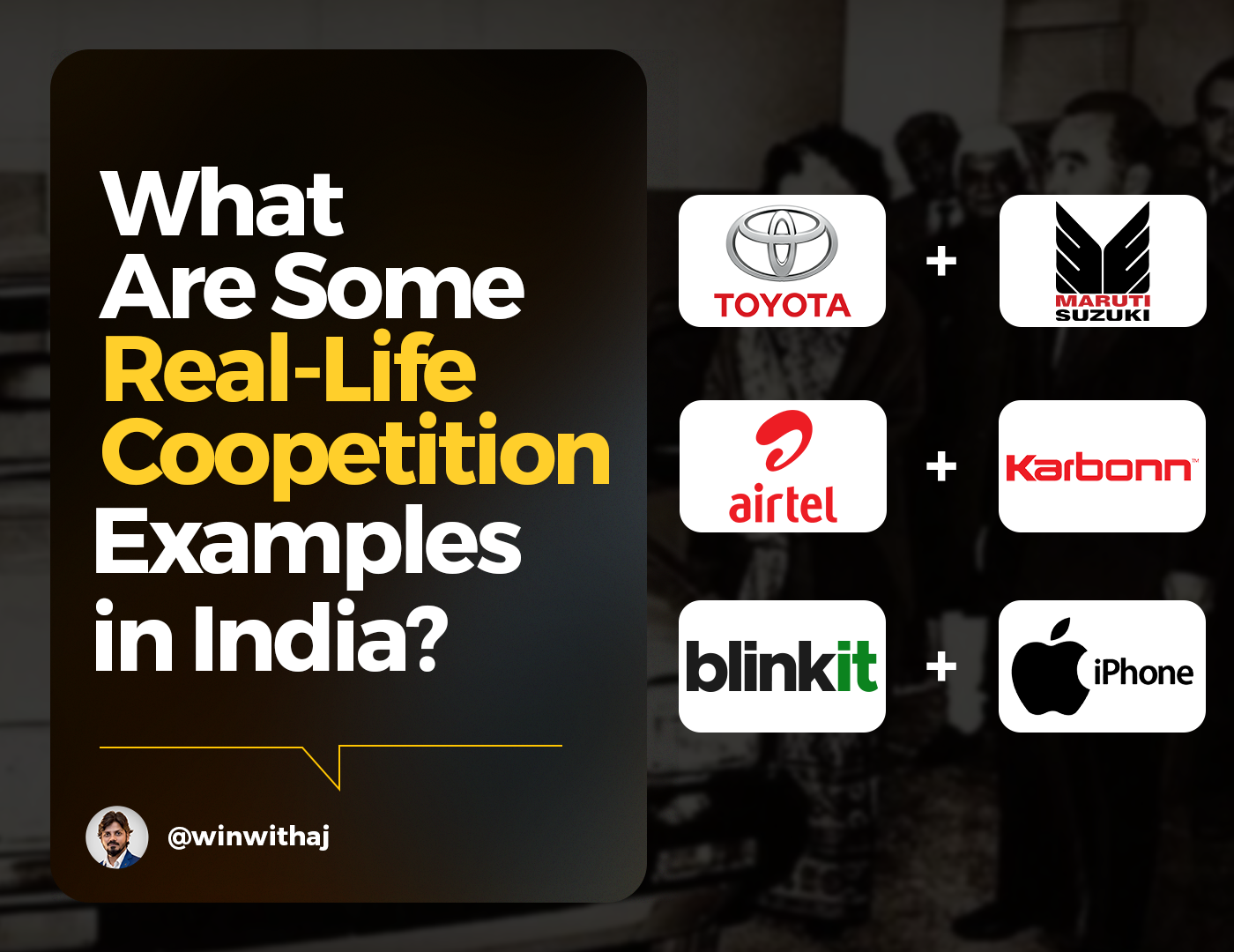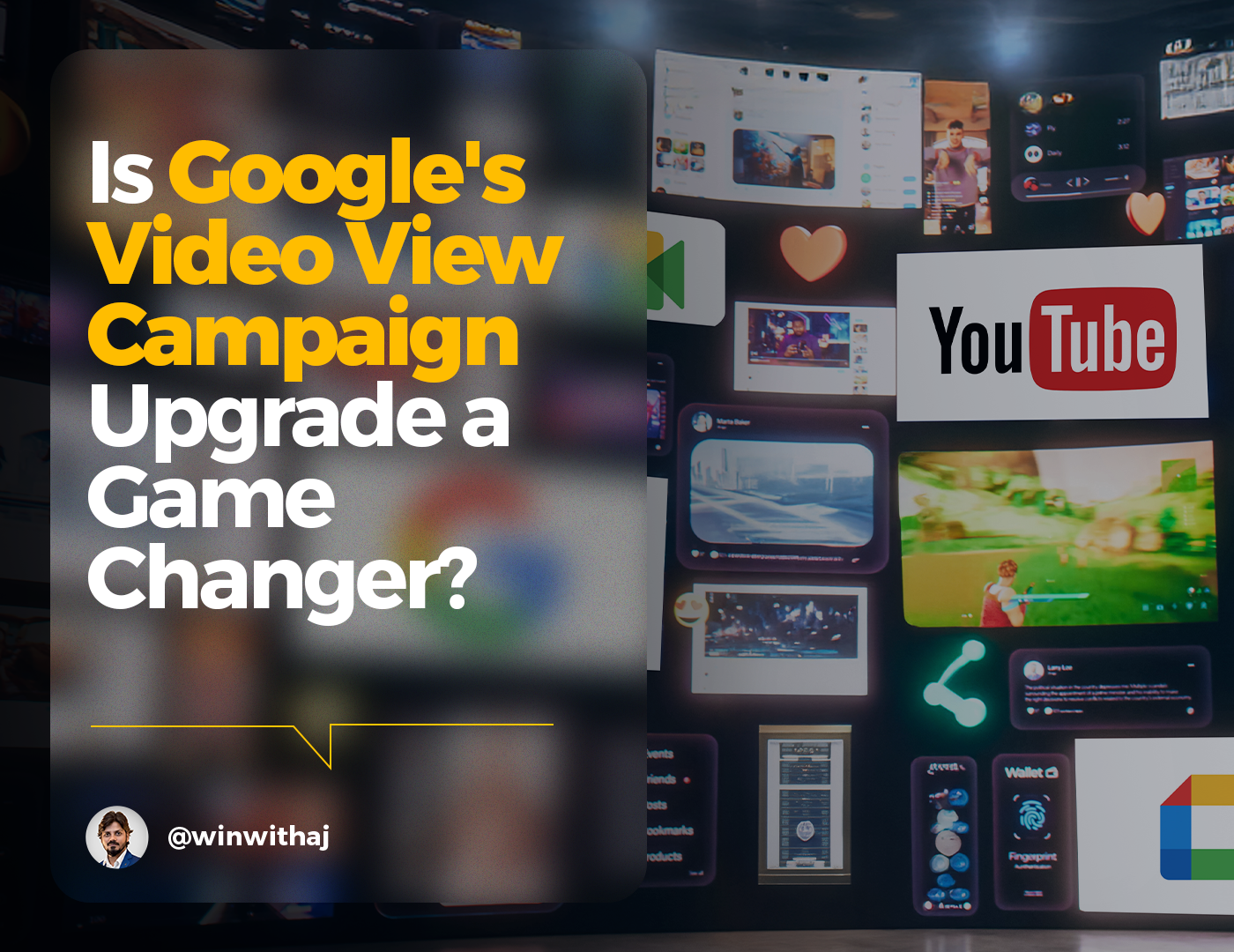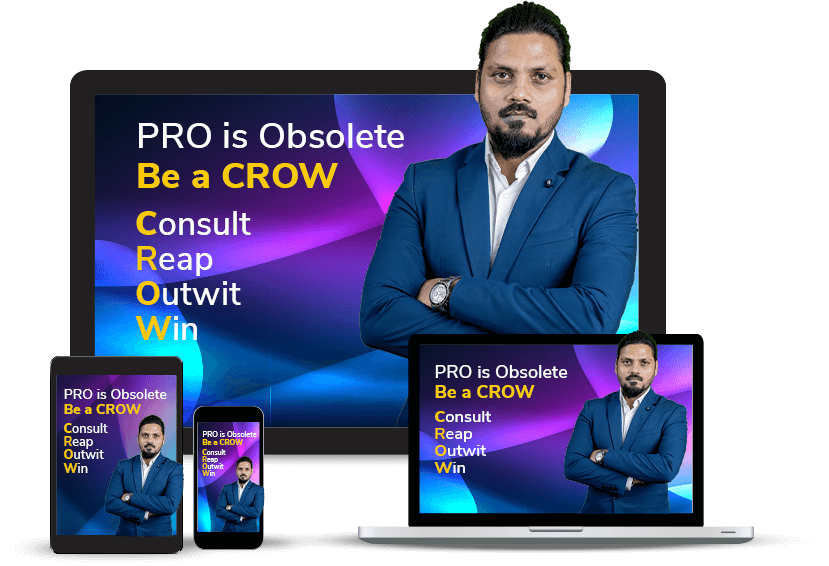
How to use Social Media Marketing to grow your business?
Social media marketing is an effective way for companies of all sizes to reach out to prospects and customers. People use social media to discover, learn about, follow, and shop from brands, so if you’re not on platforms like Facebook, Instagram, and LinkedIn, you’re missing out! Great social media marketing can propel your company to new heights, cultivating loyal brand advocates and even driving leads and sales.
This comprehensive guide to social media marketing will teach you:
- What social media marketing is, with advantages, statistics, and advice.
- How to create a social media marketing strategy and a plan for implementing it.
If you own a company, you probably spend a lot of time trying to get the most up-to-date social media marketing advice. And it’s not without reason. There are nearly twice as many active social media users today as there were only five years ago. Every day, these users spend an average of 2 hours and 25 minutes on social media.
For businesses, those approximately 2.5 hours present a great opportunity to:
- Increase brand awareness
- Establishing customer relationships and even sell straight through social media networks.
- Advertising
Here are all of the social media marketing tips you’ll need in 2022.
- Begin with a strategy
It’s simple to get started with using social media for a company. We all use social media in our daily lives, therefore we’re all familiar with the platforms. If you don’t have a plan, you don’t have a clear goal for what you’re trying to accomplish. As a result, you have no way of knowing whether your investment is paying off. Here are some smart social media plans from our guide on creating a social media marketing plan:
- Make a list of your social media objectives and goals
Create goals that are SMART in nature. Goals must be specific, quantifiable, realistic, timely, and relevant. Set goals based on metrics that have a direct impact on your business.
- Investigate the competition
What social media marketing strategies do your competitors use? While you don’t want to repeat their mistakes, learning from their mistakes is a great way to shorten your learning curve. A competitive analysis can help you determine what works and what doesn’t for organisations similar to yours.
- Examine your online presence
If you’re already using social media, now is a good time to take a step back and evaluate your current efforts.
- Motivate yourself
You’ve looked into your competitors’ online activities, but what about other companies? Take a cue from the success of other businesses.
- Create a social content strategy
A social media calendar can help you post the right information to the right social networks at the right time. It should include a strategy for content mix. It’s a good idea to start with the 80-20 rule. You should use 80 percent of your content to inform, educate, or entertain your audience. Use the remaining 20% to promote your company or sell your products.
- Select the platforms that are most appropriate for you
Make no assumptions about how your target audience spends their time online. It doesn’t have to be an all-or-nothing situation when it comes to platform selection. You can utilise several social media platforms to reach different audiences or achieve different business objectives.
- Be aware of your target market
One advantage of using social media for business is that you can micro-target your audience. However, you must first determine who your target audience is. Begin by gathering data on your current customers. Then, to delve even deeper, use social media analytics. You’ll quickly figure out who is buying from you and communicating with you via the internet.
- Make connections
The ability to communicate directly with customers and followers is a distinct advantage of social media marketing for small businesses. Rather than immediately asking for a sale, you can build relationships over time.
- Form a Facebook Group
Facebook Groups are yet another excellent way to foster community and brand loyalty.
- Make connections with other entrepreneurs and influencers in your industry
Micro- and Nano-influencers with as few as 10,000 dedicated followers can be effective at building brand trust.
- Mention your followers in your posts and Instagram Stories
Mentioning and sharing your followers’ content on your social channels (tagging them) allows you to build relationships with some of your biggest fans.
- Use the interactive tools built into social media platforms
There are numerous ways to spark specific interactions with your followers, ranging from Twitter polls to interactive stickers in Instagram Stories.
- Prioritize quality over quantity
Be a person. Be truthful. Produce high-quality content. This is critical, and you cannot fake it. You can’t do it all, and there’s no point in trying. Reach out to your target audience where they already spend time online. To begin, concentrate on mastering one or two social channels. Once you’ve mastered those, you can build on what you’ve learned and broaden your efforts.
- Analytics
Having all of your analytics data in one place can help you get a more complete picture of your social efforts.
The Advantages of Social Media Marketing
With its widespread use and versatility, social media is one of the most effective free marketing channels available today. Here are some specific advantages of social media marketing:
- Humanize your company: Using social media, you can transform your company into an active participant in your market. Your profile, posts, and interactions with users all contribute to the creation of an approachable persona that your audience can become acquainted with, connect with, and eventually trust.
- Drive traffic: With your profile link, blog post links in your posts, and ads, social media is a great way to drive traffic to your website, where you can convert visitors into customers.
- Create leads and customers: You can also generate leads and conversions directly on these platforms by utilising features such as Instagram/Facebook shops, direct messaging, call to action buttons on profiles, and appointment booking capabilities.
- Reach a wider audience: Because social media platforms are visual in nature, you can build your visual identity across large audiences and improve brand awareness. Better brand awareness translates to better results in all of your other campaigns.

Tips for Social Media Marketing
Are you ready to get started with social media marketing? Here are a few social media marketing tips to help you get started with your social media campaigns.
- Make a variety of content
Content reigns supreme in social media marketing, as it does in other areas of online marketing. Make sure you post on a regular basis and provide truly useful information that your ideal customers will find useful and interesting. This includes the following:
- How to do and quick hints
- Data and insights on local and industry news
- Polls, questions, and competitions
- Use content creation source code.
Don’t believe anyone who tells you that Instagram is the most visually appealing social media platform. They are all! If you want to stand out in someone’s feed, you should accompany your posts with visually appealing visuals—photos, illustrations, or text transformed into art.
- Make your own feed
We’re always looking for ways to appear in other people’s feeds, but we forget that there’s value in our own. Follow your competitors to keep tabs on them, to get ideas for your own strategy, and to identify gaps you can fill.
- Analytical success can be measured
Google Analytics is a great social media marketing tool that can help you measure your most successful social media marketing strategies as well as determine which strategies should be abandoned.
- Advertise
If you play your cards right, you can get your content and offers in front of a huge audience at a very low cost. Most social media platforms provide incredibly granular targeting capabilities, allowing you to focus your budget on the people who are most likely to be interested in buying the product. Below are some tips and resources for getting started with paid social media marketing:
- Facebook ads
- Pinterest ads
- Instagram ads
The best business social media marketing platforms
Facebook, YouTube, Instagram, LinkedIn, Twitter, and Snapchat are among the best social media marketing platforms for businesses. Because different social media marketing sites have different user demographics, here’s a graph:

Facebook is the most popular social media platform in the world, as well as one of the most popular local business directories.
Facebook is an excellent social media marketing platform for:
- Developing relationships with existing customers
- Changes in hours, events, and milestones should be announced.
- Hold debates and live streams
- YouTube
You might not think of YouTube as a social media marketing channel, but it fits the bill: you can post videos to your channel, share, comment on, and like other videos, and follow other accounts that interest you.
It is well-known for its various content formats, which include Feed posts, Stories, Lives, Reels, and IGTV. Instagram is used by people to follow influencers and brands that they buy from and who support their personal values. Make an Instagram bio and use it for:
- Marketing through influencers
- Content created by users
- Good Reach
LinkedIn is a professional network, but it’s also a motivating community that values leadership, learning, and core values. LinkedIn is an excellent platform for:
- Recruit top talent
- Make connections with partners, peers, and customers.
- Share your company’s history and culture.
Twitter is a gorgeously tangled web of quick thoughts, useful, and energising debates. Many people use Twitter to stay up to date on news, to follow brands, and to get customer service. You may want to do the following for effective Twitter social media marketing:
- Follow influencers to stay up to date on news and trends.
- Tell a storey with a series of Tweets in a single thread.
- Make yourself available for customer service and frequently asked questions.
- Snapchat
Its most popular age group is 18-34, and with Snap Maps, geofilters, and its partnership with Gannett, it’s more locally focused than you might think.
Snapchat can be used for:
- Marketing based on location
- App promotion
- Feel-good material
Conclusion
Start putting your social media marketing strategy first. Using social media in marketing does more than just increase site traffic and reach. It gives your company a personality with which your audience can communicate and connect on a deeper level.
The most important thing to remember, regardless of which platforms you use or how you use them, is that social media is not a platform for pitching your business. It’s a place where you can express yourself, demonstrate your values, share useful information, and help those around you. There will be no need for pitching because people will naturally follow you and promote your content.
Despite the fact that there are billions of people on social media platforms, many businesses use social media to promote their brands and products. This is why, when you first start out with social media marketing, it can feel overwhelming and intimidating. And to compete with and distinguish themselves from the big brand names. That being said, if you have a solid and smart social media marketing strategy, you can outperform your competitors and grow your business.
Remember that while using social media is an effective marketing strategy, it will take time and patience to achieve the goal you’ve set for yourself through these various platforms.



















